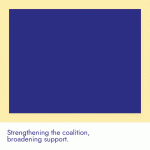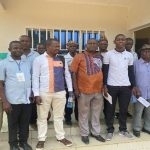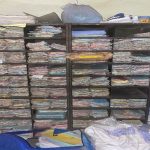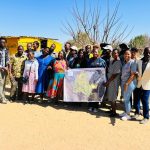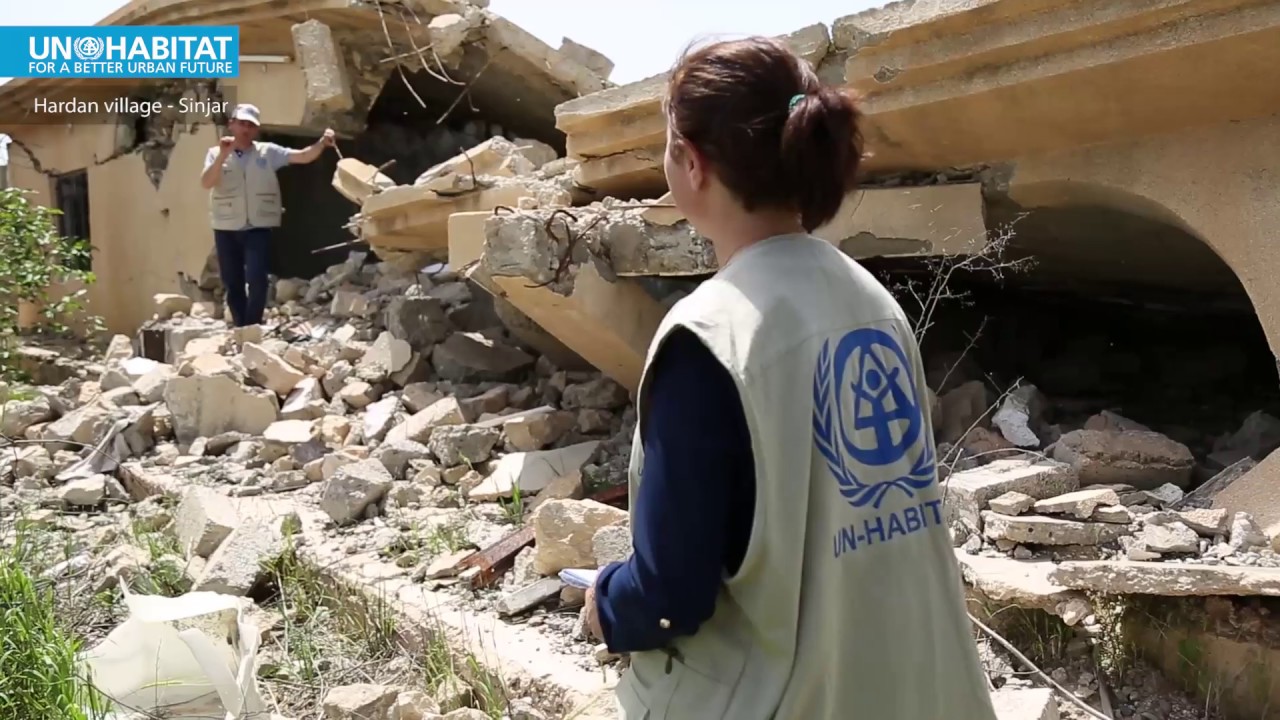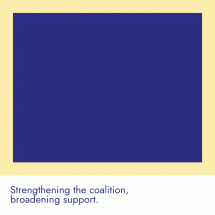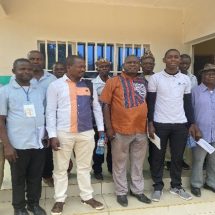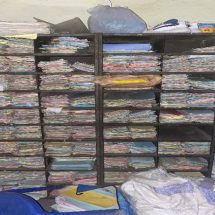Addressing housing needs and property right of the Yazidis.
Following the ISIL/Da’ish offensive on Sinjar district, over 275,000 people from Mount Sinjar area – including a vast majority of Yazidis – were driven out of their homes. Abandoned Yazidi settlements were either systematically demolished or seized by ISIL fighters. Some 3,000 homes are thought to have been destroyed or burned down in the sub-district of Sinuni alone. In 2017, as part of the UN-Habitat’s Urban Recovery Programme, in partnership with the Nineveh Governorate, UN-Habitat conducted a Housing Rehabilitation pilot project in Sinuni, which facilitated the return of approximately 3,000 individuals to their restored houses, and the distribution of Certificates of Occupancy to Yazidi families in Ashti.
The project promoted sustainable and resilient towns for returnees — beneficiaries and rightful occupants — through the rehabilitation of housing and infrastructure, along with the recognition of their right to property and occupancy. It adopted a community-based approach involving local private contractors, direct engagement of the local community in the rehabilitation work, and an effective partnership with the local authorities. Using the Social Tenure Domain Model, the UN-Habitat team conducted community consultation meetings to verify the occupancy claims of the returnees, and issued the occupancy certificates that are endorsed by local authorities as well as community members.
The community-led approach builds self-reliance of local communities and authorities; secure recovery investments that remain with the community, and ensures security and protection, while re-establishing bounds and cultivating a spirit of peace-building and social cohesion among community members. It also complements the reconciliation efforts made by the United Nations Assistance Mission in Iraq (UNAMI) and UNDP.
So far, 562 damaged houses were rehabilitated in 11 villages across Sinuni Sub-District, 108 of which are in the town of Ashti.
Alongside the technical rehabilitation of damaged houses, the project put a very strong emphasis on the human rights of adequate housing and tenure security as essential pillars of healthy, functional, resilient communities. This is inevitable in the case of the Yazidis, who were subject to protracted discriminating policies in the area where they were prevented from tenure security for decades. The project was supported by the United Nations Development Programme (UNDP)’s Iraq Crisis Response and Resilience Programme (ICRRP) with generous funding from the Government of Germany.

